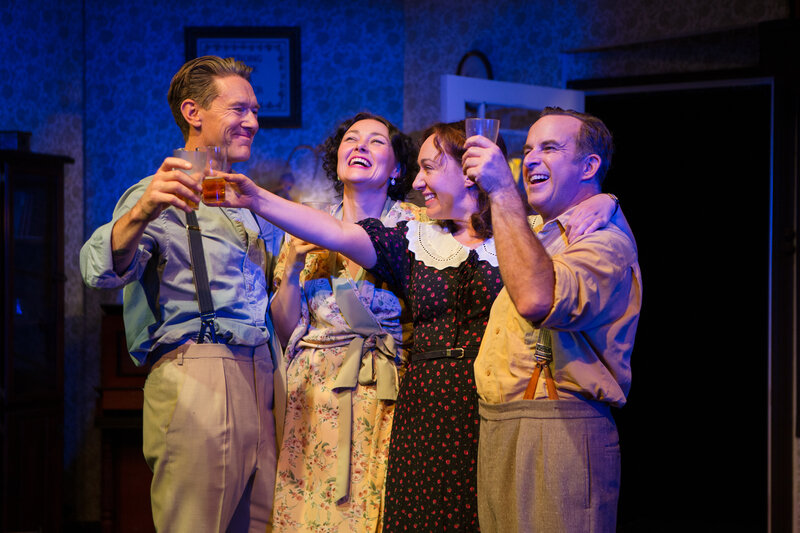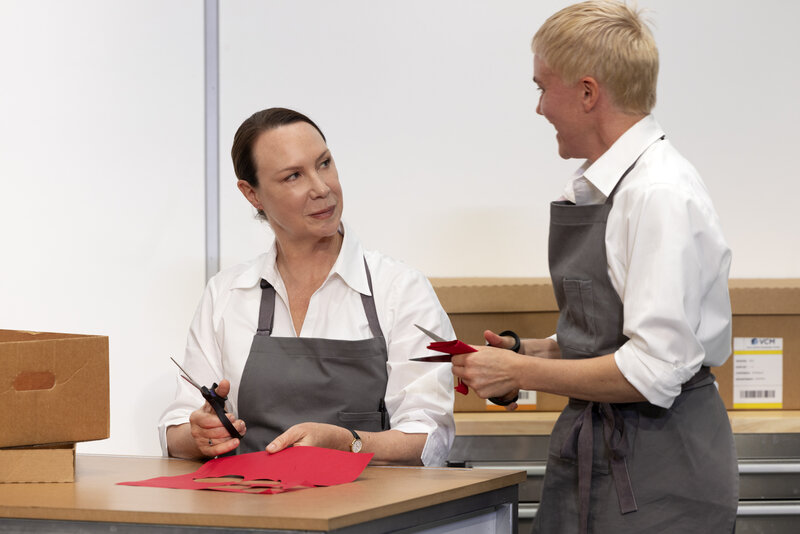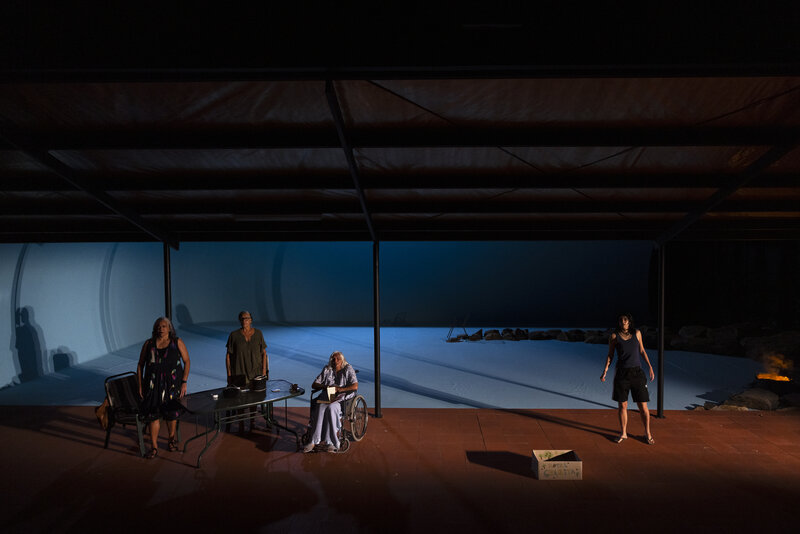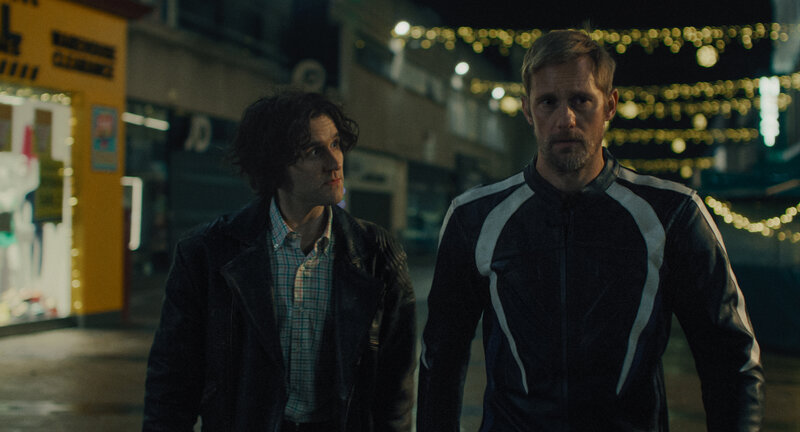The quintessential American sex symbol, Marilyn Monroe, born Norma Jeane Mortenson on June 1st, 1926 (and died August 5th, 1962), has long been a source of fascination and intrigue. Now a one-woman show takes a glimpse behind the rainbow.
The actress, model and singer craved attention, but most of all acceptance and love. With 33 acting credits to her name, she featured in movies such as Gentlemen Prefer Blondes (1953), How to Marry a Millionaire (1953) and The Seven Year Itch (1955) and received a Golden Globe Award for her performance in Some Like It Hot (1959). Her 14 years of recordings included the likes of Bye Bye Baby, Diamonds are a Girl’s Best Friend, I Wanna Be Loved By You, My Heart Belongs to Daddy and Happy Birthday, Mr President. She was married three times. Among her husbands was retired baseball star Joe DiMaggio and playwright and screenwriter Arthur Miller.
 She had a rocky childhood, to say the least, and throughout her life Monroe had a long experience with psychoanalysis. The final years of her life were marked by illness, personal problems and a reputation for unreliability and being difficult to work with. She died from an overdose of barbiturates.
She had a rocky childhood, to say the least, and throughout her life Monroe had a long experience with psychoanalysis. The final years of her life were marked by illness, personal problems and a reputation for unreliability and being difficult to work with. She died from an overdose of barbiturates.
Nude: Beneath the Beauty Spot gives us, the audience, vignettes or glimpses into Monroe’s life and times, both the vixen and the vulnerable. It is not a narrative concert, rather a scattered collection of ideas, as the star, Victorian College of the Arts graduate Carina Waye adopts Monroe’s various personas. The mood swings frequently from tantalising to tortured. Often, almost in mid thought, Waye takes to the mircrophone to belt out a number or a part of one with the able assistance of musical director Trevor Jones on piano. In between, she pampers and preens herself behind a French provincial dressing table. We see her in various stages of dress, from the full regalia in a striking gown and dripping with jewellery, stripped down to corset, bra and stockings and even butt naked, as the title of the show suggests. At the other side of the stage is a dressing screen, while a small catwalk protrudes into the seating area. A large swathe of rich fabric is used as a backdrop.
Carina Waye is an unabashed enthusiast and her bubbly personality is an undoubted asset. But I struggled to understand why her characterisation went from a full on Aussie accent while singing many a tune to the more recognisable Americanisms while talking to us alongside her dressing table. The contrast was jarring.
The show starts with Waye opening a series of Fantales and asking members of the audience to identify the persons alluded to in the descriptions. While used as a device to eventually move to a description of Monroe, I am not convinced it was necessary. In fact, audience participation is called upon on a few occasions during Nude and Waye’s inclusive style made it relatively easy for her to cajole willing players.
 Overall, I found the first act confusing as I tried to get a handle on just how the musical play would evolve and what it was really about. The second act was far more compelling and engaging.
Overall, I found the first act confusing as I tried to get a handle on just how the musical play would evolve and what it was really about. The second act was far more compelling and engaging.
Writer and director Jayde Kirchert describes it as a “show about expectations”. I am afraid to say mine weren’t met, despite Waye’s best endeavours. I put that down to the writing – I wanted more insights and what was presented was bitsy. Greater character development would have been in order. In other words, I implore Kirchert to flesh out the many sides of the real Marilyn. For all that has been said and written about her, Marilyn Monroe remains something of an enigma, a fractured ideal. I get that that was what Kirchert was trying to capture, but in my opinion she only skirted around the edges. While often less is more, in this case more was needed. For those who knew little of the life of Monroe before entering the theatre, they would have exited with a broad vision but little besides. And for a show that barely lasts an hour, why oh why did we need a 20-minute interval? Quite frankly, we didn’t.
Nude – Beneath the Beauty Spot is playing at the Alex Theatre in St Kilda until 23rd August and scores a 5½ to 6 out of 10.
Alex First

David Edwards is the former editor of The Blurb and a contributor on film and television




